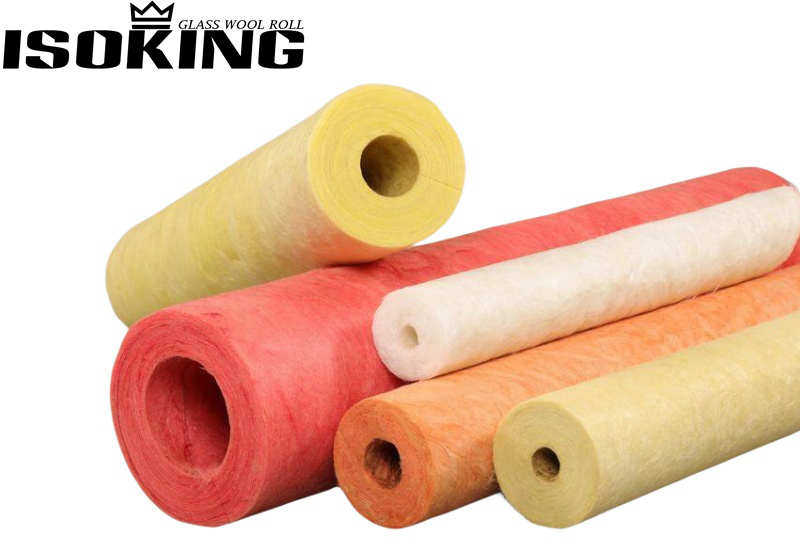
Introduction:
When it comes to maintaining comfortable indoor temperatures and improving energy efficiency in buildings, a well-designed heating, ventilation, and air conditioning (HVAC) system is crucial. One essential component of an efficient HVAC system is insulation. In this blog post, we will explore the advantages of using glass wool pipe insulation in HVAC and HVAC systems.
Excellent Thermal Insulation:
Glass wool pipe insulation is renowned for its exceptional thermal insulation properties. It effectively reduces heat transfer between pipes and the surrounding environment, preventing energy loss and maintaining the desired temperature within the HVAC system. The low thermal conductivity of glass wool helps minimize heat transfer, leading to reduced energy consumption and lower heating or cooling costs.
Acoustic Insulation:
In addition to thermal insulation, glass wool pipe insulation provides excellent acoustic insulation properties. It effectively reduces noise transmission through pipes, helping to create a more peaceful and comfortable indoor environment. By minimizing sound vibrations, glass wool insulation contributes to a quieter HVAC system, thereby enhancing the overall comfort of the building occupants.
Moisture Resistance:
Moisture intrusion can be detrimental to the efficiency and longevity of an HVAC system. Glass wool pipe insulation is inherently resistant to moisture absorption. The hydrophobic nature of glass wool prevents water vapor from penetrating the insulation material, thereby reducing the risk of condensation and potential damage to the pipes. This moisture resistance feature ensures the insulation's long-term effectiveness and helps maintain the system's efficiency.
Fire Safety:
Safety is a critical consideration when it comes to HVAC systems. Glass wool pipe insulation is inherently fire-resistant. It is made from non-combustible materials and can withstand high temperatures without releasing toxic gases. In the event of a fire, glass wool insulation acts as a barrier, delaying the spread of flames and providing valuable time for evacuation and firefighting efforts. This fire-resistant characteristic of glass wool enhances the overall safety of the building.
Easy Installation:
Glass wool pipe insulation is lightweight and flexible, making it easy to install on various pipe sizes and shapes. The insulation can be easily cut and fitted around pipes, bends, and joints, ensuring a snug and efficient insulation system. The flexibility of glass wool insulation simplifies the installation process, reducing labor time and costs.
Conclusion:
Glass wool pipe insulation offers numerous advantages when used in HVAC and HVAC systems. Its excellent thermal insulation properties, acoustic insulation capabilities, moisture resistance, fire safety, and ease of installation make it a preferred choice for professionals in the industry. By incorporating glass wool insulation, building owners and occupants can enjoy improved energy efficiency, reduced noise levels, enhanced safety, and a more comfortable indoor environment.